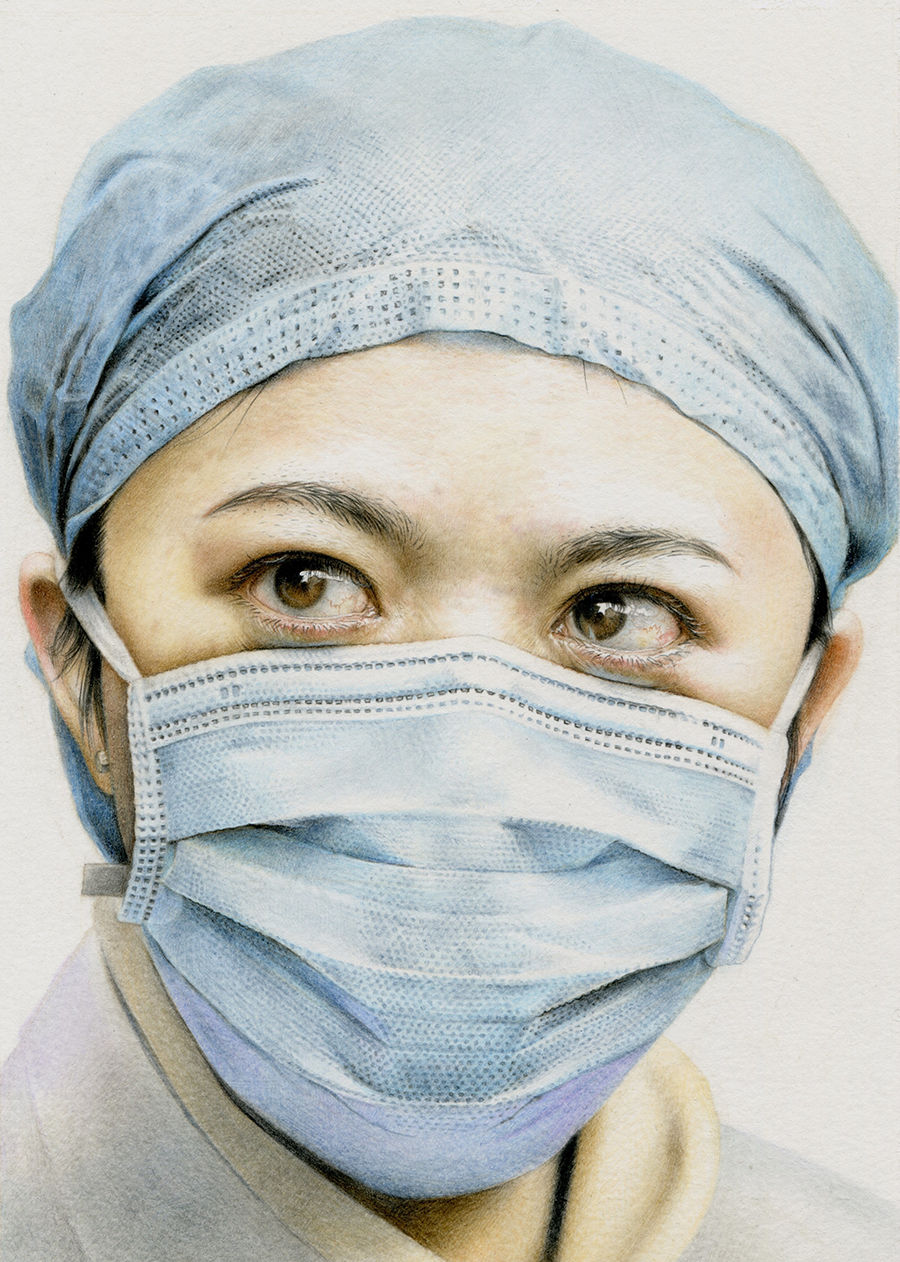Responding to COVID-19
Women make up around 70 per cent of the world’s global health force. Although this contributes around $3 trillion dollars to the global economy every year, much of this work is under-valued and under- or unpaid. Female leadership in healthcare also remains scant, while advancing professionally is often more difficult for women compared to men, and women continue to take on the lion’s share of unpaid care work at home.
These patterns have been magnified in the fight against COVID-19, in China and beyond. In one of the country’s hardest-hit areas, Hubei province, women make up around 90 per cent of all healthcare workers. Yet research suggests that female health workers have had limited opportunity to lead or inform national or global responses to the pandemic. This not only impacts the ability of the healthcare industry to respond effectively, but it has reinforced the very inequalities we should be dismantling.
Therefore, UN Women advises and partners with governments and other influencers in China in its pursuit of gender equality, to urge actions that promote diverse women’s leadership and address the largely female burden of unpaid care work at home, among others.

Huang Xia is an attending doctor at Chongqing’s Three Gorges Central Hospital, where the first COVID-19 patient in Chongqing recovered. “I have joined the fight against the epidemic and we will work through the difficulties together,” she wrote in one diary entry. Hand-painted portrait: Fan Jue